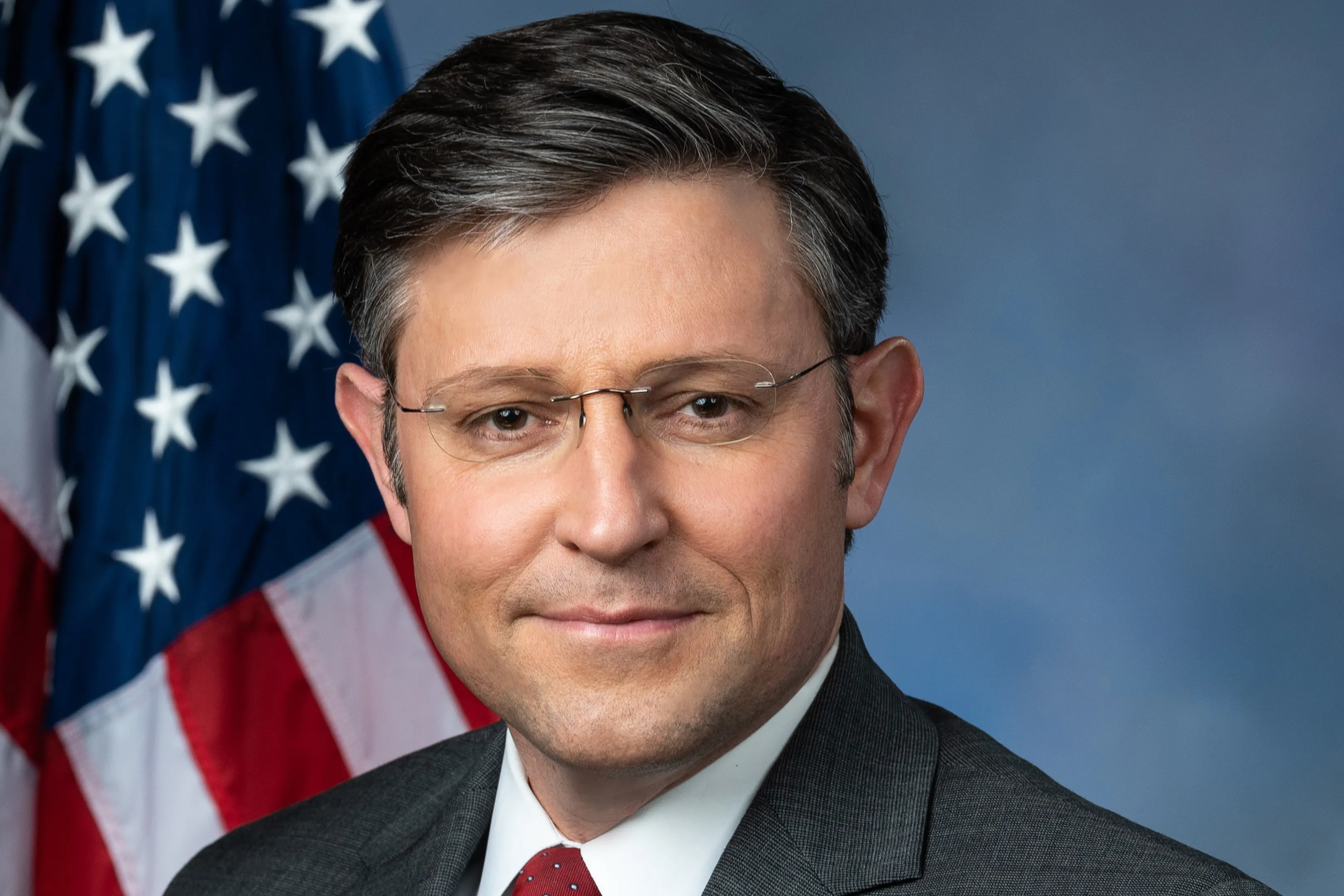
Daily Audio Newscast - January 24, 2025
© AlexLMX - iStock-823000260
Six minutes of news from around the nation.
Judge temporarily blocks Trump's plan to end birthright citizenship; IN debates nuclear energy for power grid; NM bill would help domestic abuse survivors get legal assistance; and TX looks at ways to protect apartment tenants during extreme weather.
Transcript
The Public News Service Daily Newscast, January the 24th, 2025.
I'm Mike Clifford.
A federal judge on Thursday temporarily blocked President Trump's executive order to end automatic citizenship for babies born on American soil, dealing the president his first setback as he attempts to upend the nation's immigration laws and reverse decades of precedent.
That from the New York Times.
Their report in a hearing held three days after Trump issued his executive order.
A federal district court judge sided with Washington, Arizona, Illinois, and Oregon, the four states that sued, signing a restraining order that blocks Trump's executive order for 14 days.
Renewable on expiration.
And Indiana lawmakers are advancing a plan to bring nuclear energy to the state.
House Bill 1007 would establish a framework for investing in advanced nuclear technology.
GOP Representative Ed Saladay of Valparaiso chairs the House Utilities, Energy and Telecommunications Committee.
He authored the bill after state energy officials warned of power shortage risks without new energy sources.
If we are going to be telling the world we're going to onshore a lot of things that have been taken offshore, we've got to provide for it.
We have to provide the infrastructure and this is happening rapidly.
Critics caution the bill could raise electric bills for residents.
Investing in nuclear reactors is costly, with estimates ranging from $2 to $3 billion per reactor.
I'm Joe Ulari, Public News Service.
Find our trust indicators at publicnewsservice.org.
Next women surveyed about why they stayed in an abusive relationship often say they didn't have the money to leave.
Now a bill introduced in the New Mexico legislature aims to help them.
Sponsored by State Representative Pamela Herndon, House Bill 57 would have the court determine whether an abuse survivor is indigent and can't pay for legal help.
If so, the court would assign a lawyer to represent them.
When she's not at the Roundhouse, Herndon runs a non-profit law center.
I come in contact with far too many individuals who are facing situations where they are trying to get custody of their children, they're trying to make sure there's funds for their children or housing for that matter.
So I see it too many times on a regular basis.
Abusive relationship abuse, which is estimated to affect one in three American women, often includes being stripped of financial resources.
Herndon says those without money for an attorney often are forced to represent themselves in court, which she notes is rarely successful if the partner in the abusive relationship can afford professional services.
Herndon says her bill is modeled after similar legislation in New York State.
I know New Mexico is not New York, but we have some of the highest rates of domestic violence in the entire country.
Data from Women Against Abuse shows Oklahoma had the highest rates of violence against women in 2024.
I'm Roz Brown reporting.
This is Public News Service.
Extreme weather has hit Texas over the last few weeks, bringing snow to many parts of the state.
During cold weather, landlords are required to ensure renters have adequate heat.
Chapter 27 of the City of Dallas Code establishes minimum property standards at all residential buildings, structures and premises.
Attorney with the non-profit Dallas Eviction Advocacy Center, Ella Caldill, says property owners have 24 to 48 hours to correct life-threatening conditions, including heating and cooling problems.
So if they're having heating issues and their landlord is refusing to fix their heater, their only option is to go through and file a repair and remedy case.
And in order to file one of those, they do have to recur on rent.
She says tenants can also fix the problems themselves and hope to get reimbursed by their landlord.
I'm Freda Ross reporting.
Next a new analysis finds more than a dozen global banks, including the World Bank Group and the United Nations Green Climate Fund, invested more than $3 billion into animal agriculture in 2023, with over three-quarters of the funded projects described as factory farms.
Investments are also taking place in Kentucky, which has over 74,000 factory farms.
Alessandro Ramazzotti with the International Accountability Project says putting this much money into factory farming will have disastrous consequences for people and the planet.
These investments often generate negative consequences for local communities and for animal welfare, hurting at many levels locally, globally, and for the environment, the climate, people and animals.
The World Bank Group, the largest development investor by volume in factory farming, says it's aligned with the Paris Climate Agreement goal of keeping warming to 1.5 degrees Celsius.
This story was produced with original reporting from Sophie Cavani for Sentient.
Nadia Ramlagan reporting.
And finally, more than three million folks in New York have a diagnosed mental illness, but only about one in three can get the care that they need.
The barriers stem from many factors like so-called fail-first policies, which require people to try and insure a preferred medication first before covering the original prescription.
Matthew Shapiro with the National Alliance on Mental Illness New York State Chapter says another issue is what are known as ghost networks.
In some cases up to 75 percent of providers that the insurance company gives to their clients don't actually exist.
They're no longer practicing in the area.
We call that ghost coverage, where they're telling you coverage is there and it's not.
Crack down on insurers to maintain consistent and accessible levels of care for all.
Another barrier is low mental health care reimbursement rates for providers.
I'm Edwin J. Vieira.
This is Mike Clifford for Public News Service, member and listener supported.
Hear us on radio stations, big and small, your favorite podcast platform.
Find our content and trust indicators at publicnewsservice.org.

















